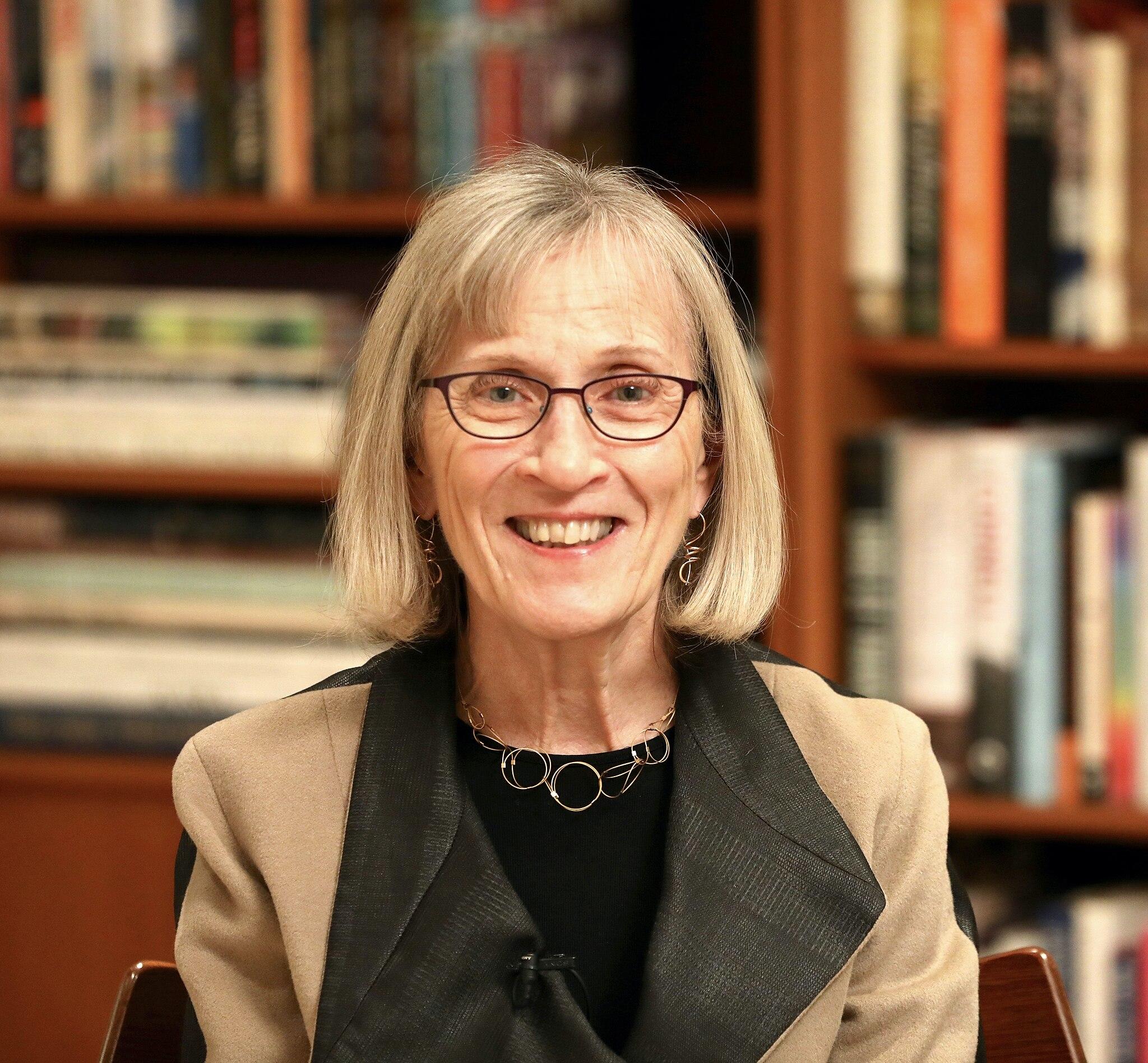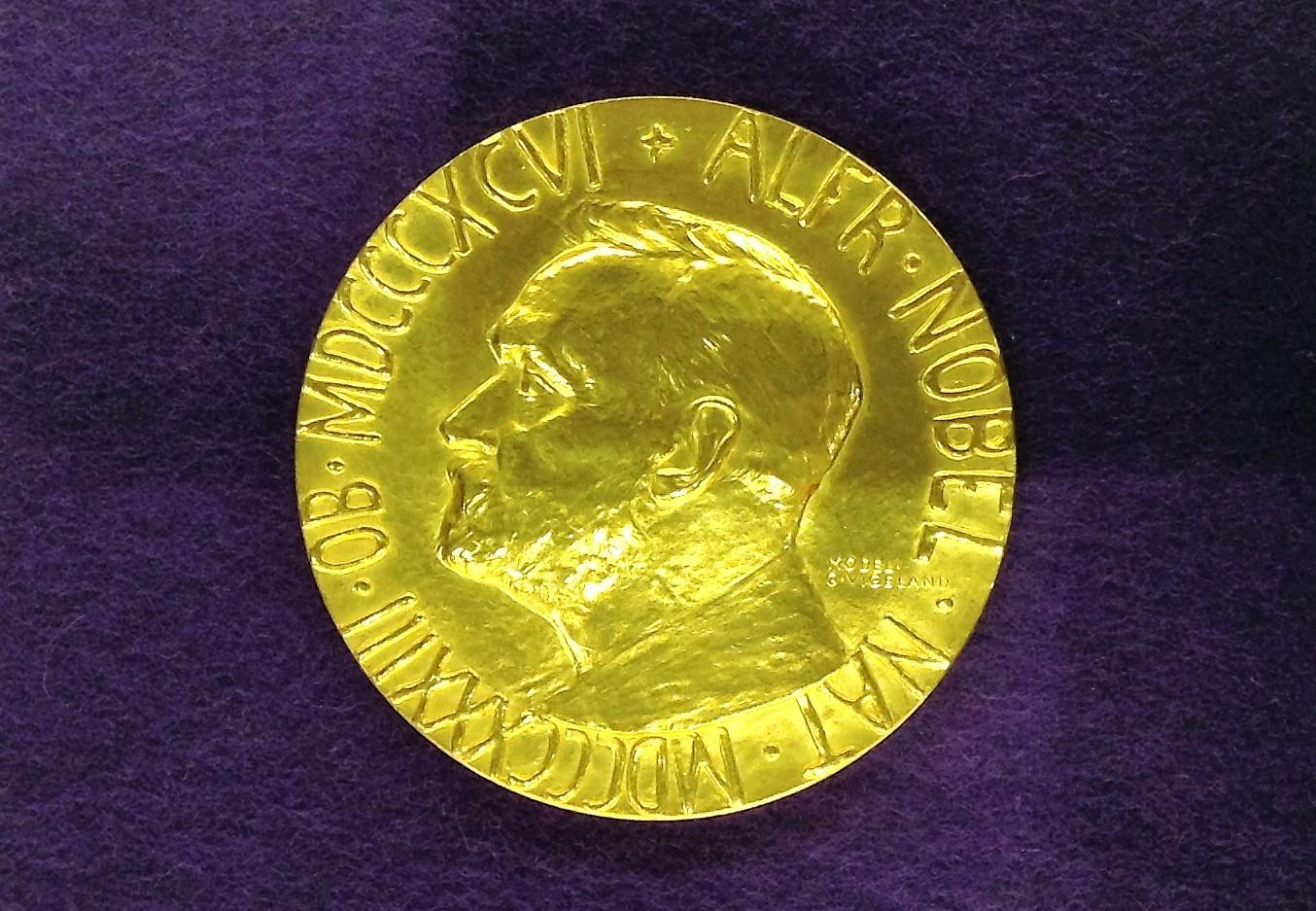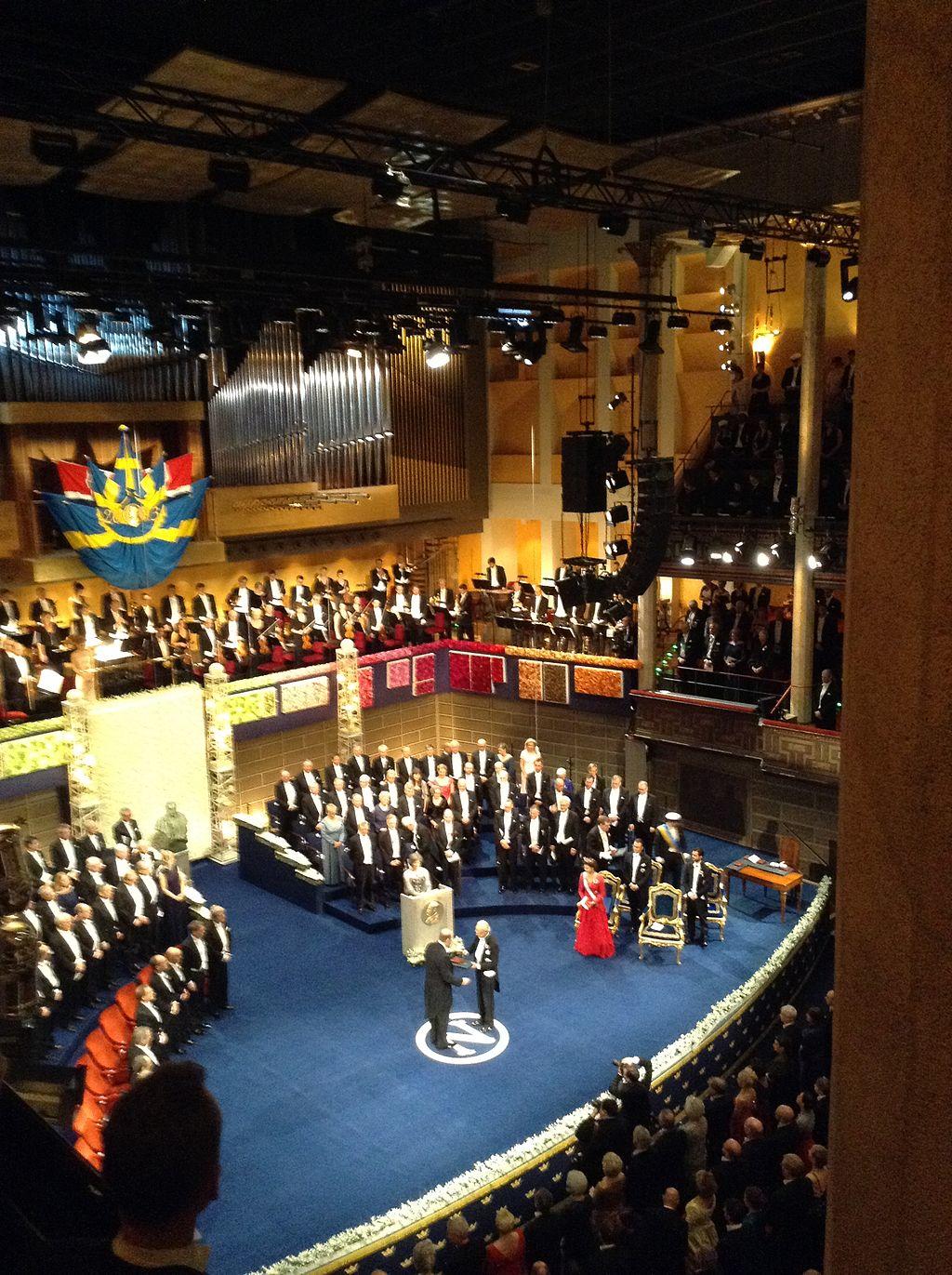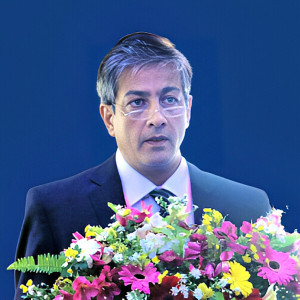If I have a thousand ideas and only one turns out to be good, I am satisified.
Dr. Alfred Nobel
The Nobel Prizes, established by Alfred Nobel in his 1895 will, have long been considered the highest honors in fields like Physics, Chemistry, Medicine, Literature, and Peace. However, the Nobel Prize in Economics, officially known as The Sveriges Riksbank Prize in Economic Sciences in Memory of Alfred Nobel, is a more recent addition. Created in 1968 by Sweden's central bank, Sveriges Riksbank, this prize honors contributions to economics, a field not originally included in Nobel's will.
First awarded in 1969, the Nobel Prize in Economics shares a prestigious status with the original Nobel Prizes, although it is distinct in its origins. The Royal Swedish Academy of Sciences, which also awards the Physics and Chemistry prizes, is responsible for selecting the economics laureates. Despite being a later addition, the Nobel Prize in Economics has become a significant recognition for groundbreaking work in economic sciences, continuing the tradition of celebrating exceptional contributions to human knowledge and progress.
In this article we'll explore
- The History of the Nobel Prize in Economics
- How the Winners Are Chosen
- The Most Recent Winners of the Nobel Prize in Economics

History of the Nobel Prize in Economics
As stated above, the Nobel Prize in Economics came into being in 1968, and as such, it was not one of the original prizes created by Alfred Nobel.
Nevertheless, Laureates in economics are announced at the same time as the other Nobel Prizes, and each economics Nobel Prize winner receives their award at the same Nobel Prize award ceremony as the other awards.
Across the Nobel Prizes’ long history, there have been 621 Nobel Prizes awarded across the six fields, including economics, between the years of 1901 and 2023.
Specifically, when it comes to the amount of Nobel Prize holders in economics, between 1969 and 2023 there have been:
There are conditions that allow for no Nobel Prize, in any of the six fields, to be awarded in a given year, for example, if no works are of sufficient importance to be awarded a prize. There were also a number of years during World War I and World War II when various Nobel Prizes were not awarded.
Interestingly, despite the lack of awards in certain years, there have been no years without a Nobel Prize winner in Economics. This is likely also helped by the fact that the prize was introduced long after World War II had concluded.
December 10, 1896
Alfred Nobel Dies
June 29, 1900
The Nobel Foundation Was Founded
December 10, 1901
The First Nobel Prize Award Ceremony
1968
The Nobel Prize in Economics Was Added
How Are Nobel Prize in Economics Winners Chosen
The selection process for the Nobel Prize in Economics is rigorous and highly selective. The process begins with nominations, which can only be made by invited individuals, including previous laureates, economics professors from top institutions, and members of relevant academies. These nominations are submitted to the Royal Swedish Academy of Sciences, which appoints a selection committee of economists to review the candidates.
The committee thoroughly examines the contributions of the nominees, focusing on their originality, impact, and relevance to the field of economics. After extensive deliberation and consultation with external experts, the committee makes its recommendation to the Royal Swedish Academy of Sciences, which then votes on the final recipient(s). The winner is typically announced in October, and the prize is awarded in December at a ceremony in Stockholm. This process ensures that the Nobel Prize in Economics recognizes individuals whose work has made significant and lasting contributions to the field.

Winners of the Nobel Prize in Economics
In recent years, the Nobel Prize in Economics has been awarded to individuals who have made significant contributions to the field, advancing our understanding of complex economic systems and influencing policy on a global scale. Below, we highlight the most recent recipients of this prestigious award over the past decade.
| Year | Name | Nobel Prize in Economics Awarded For |
|---|---|---|
| 2023 | Claudia Goldin | Understanding of women's labor market outcome |
| 2022 | Ben Bernanke, Douglas Diamond, and Philip H. Dybvig | Research on banks and financial crises |
| 2021 | David Card, Joshua Angrist, and Guido w. Imbens | Methodological contributions to the analysis of causal realtionships |
| 2020 | Paul Milgrom and Robert B. Wilson | Improvements to the auction theory and inventions of new auction formats |
| 2019 | Esther Duflo and Michael Kreme | Their experimental approach to alleviating global poverty |
| 2018 | William Nordhaus | Integrating technological innovations into long-run macroeconomic analysis |
| 2017 | Richard H. Thaler | Behavioural economics |
| 2016 | Oliver Hart and Bengt Holmström | Contract theory |
| 2015 | Angus Deaton | Analysis of consumption, poverty, and welfare |
| 2014 | Jean Tirole | Analysis of market power and regulation |
| 2013 | Eugene F. Fama, Lars Peter Hansen, and Robert J. Shiller | Empirical analysis of asset prices |
Claudia Goldin: 2023 Winner
Claudia Goldin, a professor at Harvard University, was awarded the 2023 Nobel Prize in Economics for her pioneering work on the gender gap in labor markets.

Her research spans several decades and delves into the historical and economic reasons behind gender disparities in the workplace. By analyzing data across centuries, Goldin has provided valuable insights into why women earn less than men and how this gap has evolved over time.
Her work is particularly noted for showing how increased educational attainment among women has not yet fully closed the earnings gap.
Ben Bernanke, Douglas Diamond, and Philip Dybvig: 2022 Winners
The 2022 Nobel Prize in Economics was shared by Ben Bernanke, Douglas Diamond, and Philip Dybvig for their groundbreaking research on banks and financial crises. Bernanke, the former Federal Reserve Chairman, is recognized for his analysis of the Great Depression, highlighting the role of bank failures in deepening economic downturns. Diamond and Dybvig contributed with their influential model explaining how banks serve as intermediaries between savers and borrowers, but also how they can be vulnerable to bank runs, which their work helped to understand and prevent.
David Card, Joshua D. Angrist, and Guido W. Imbens: 2021 Winners
David Card received half of the 2021 Nobel Prize in Economics for his empirical contributions to labor economics, particularly his work that challenged conventional wisdom on minimum wage impacts. The other half was jointly awarded to Joshua Angrist and Guido Imbens for their methodological contributions to the analysis of causal relationships. Their research has improved the ability of economists to infer cause-and-effect in situations where randomized experiments are not possible.
Paul R. Milgrom and Robert B. Wilson: 2020 Winners
Paul Milgrom and Robert Wilson were awarded the 2020 Nobel Prize in Economics for their work on auction theory and the development of new auction formats. Their innovative theories have had widespread applications, from telecommunications to the allocation of public resources. Their research has been instrumental in designing auctions that are more efficient and beneficial for all participants, making a significant impact on economic policies worldwide.
Abhijit Banerjee, Esther Duflo, and Michael Kremer: 2019 Winners
In 2019, Abhijit Banerjee, Esther Duflo, and Michael Kremer received the Nobel Prize in Economics for their experimental approach to alleviating global poverty. Their groundbreaking research employed randomized controlled trials (RCTs) to study the effectiveness of various interventions in education, healthcare, and financial access in developing countries.
Their work has reshaped development economics by focusing on evidence-based strategies that significantly improve the lives of the poor. Notably, Duflo became only the second woman to win the Nobel Prize in Economics.
William D. Nordhaus and Paul M. Romer: 2018 Winners
William Nordhaus and Paul Romer were awarded the 2018 Nobel Prize in Economics for their contributions to understanding long-term economic growth. Nordhaus was recognized for integrating climate change into economic models, laying the foundation for the economics of climate policy. His work emphasizes the importance of carbon pricing as a mechanism to reduce emissions.

Romer, on the other hand, was honored for his work on endogenous growth theory, which emphasizes the role of technological innovation and knowledge in driving sustained economic growth.
Together, their work has informed policies that address the challenges of climate change and innovation-driven growth.
His work emphasizes the importance of carbon pricing as a mechanism to reduce emissions. Romer, on the other hand, was honored for his work on endogenous growth theory, which emphasizes the role of technological innovation and knowledge in driving sustained economic growth. Together, their work has informed policies that address the challenges of climate change and innovation-driven growth.
Over the years, there have been many famous economists who have been award the Nobel Prize in Economics for their economic theory. Some other famous recipients of the award include:
- Milton Friedman: for his work in the fields of consumption analysis and monetary history, among other contributions
- Elinor Ostrom: for her analysis of economic governance;
- Joseph Stiglitz: for his work in markets with asymmetric information
- John Nash: for his work in the theory of non-cooperative games.
These laureates represent just a fraction of the groundbreaking work recognized by the Nobel Prize in Economics, a testament to the profound impact that economic theory has on both policy and everyday life.

Their contributions, ranging from the dynamics of markets to the governance of common resources, continue to shape how societies understand and address complex issues. As the world faces new challenges in an increasingly interconnected and technologically advanced era, the insights provided by these economists, and those who follow in their footsteps, will remain essential in guiding sustainable and equitable growth.
Ultimately, the Nobel Prize in Economics not only honors individual achievement but also highlights the collective progress in understanding the forces that drive economies and improve human welfare.
Find the perfect tutor in economics for your goals here on Superprof.
Celebrating Excellence with the Nobel Prize in Economics
Usually, the current year’s Nobel Laureates are revealed in October each year, and the ceremony is held on December 10th, as this marks the anniversary of Alfred Nobel’s death.
As such, it is expected that the 2024 Nobel Prizes will be awarded in the same manner, and so the next ceremony will be on December 10, 2024.
Nobel Prize Ceremony
December 10, 2024 7:00 pm
The Nobel Prize in Economics stands as a symbol of unparalleled achievement in the field, honoring individuals whose work has profoundly influenced economic thought and policy. Over the years, the prize has recognized a diverse array of economists, each contributing to our understanding of complex issues such as market dynamics, governance, innovation, and development. These laureates have not only advanced theoretical frameworks but have also provided practical tools for addressing real-world challenges. Their contributions resonate beyond academia, impacting governments, institutions, and communities worldwide.
As we continue to celebrate excellence through the Nobel Prize in Economics, the ongoing recognition of innovative ideas reminds us of the vital role that economics plays in shaping a better future. Whether addressing global challenges like climate change, inequality, or technological transformation, the work of Nobel laureates serves as a beacon of progress. The prize, in honoring these achievements, reinforces the importance of continuous inquiry and creativity in solving the pressing issues of our time.
Learn More About Economics and the Nobel Prizes with Superprof
If you’re looking for help on how to keep up to date with the Nobel Prize in Economics laureates and their contributions, or are struggling to keep up in your economics class, then you should look at hiring a private economics tutor at Superprof.
Superprof's economics tutors specialize in a wide range of subject areas, from mathematics and statistics to business and economics. Whether you prefer one on one tuition or classes held in small groups, Superprof has a tutor that is available to help you get the best results you possibly can, and deepen your appreciation of your subjects and course material. Start advancing your knowledge of economics today with Superprof!
Summarize with AI:















